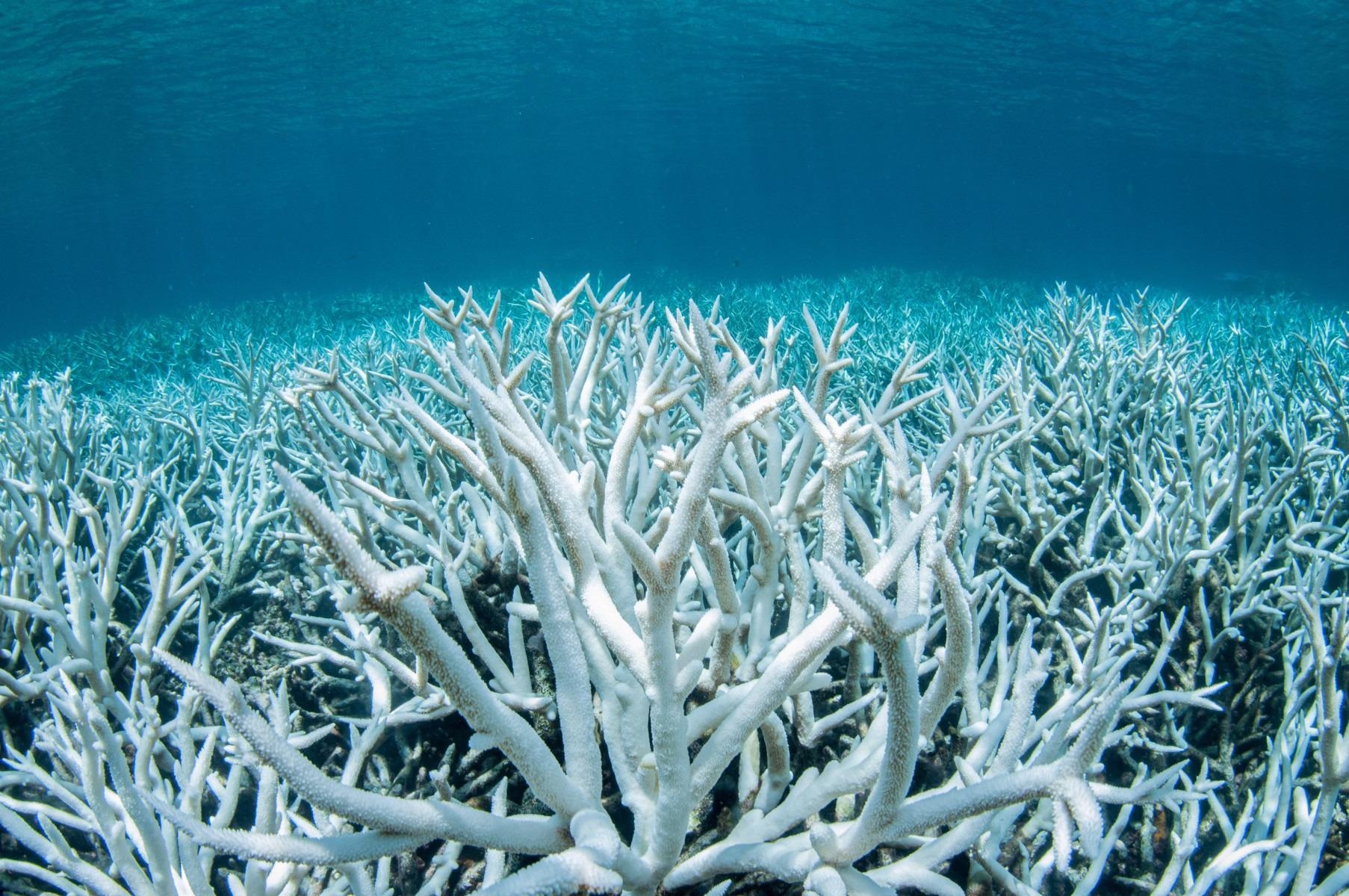Earth’s oceans are home to some of the most diverse ecosystems on the planet. However, warming temperatures are killing off several marine animals, including coral.
 To save coral reefs from extinction, researchers say climate-smart policies need to be implemented all over the world. Image Credit: Getty Images
To save coral reefs from extinction, researchers say climate-smart policies need to be implemented all over the world. Image Credit: Getty Images
A new study into regulating the effect that climate change has on such organisms states that more international collaboration is required to guarantee the future of over 6,000 coral species.
Coral reefs are an essential ecosystem on our planet. Coral reefs are really important for humans in that they provide protection to coastlines from erosion and storms, and they’re essential for certain services like tourism and other parts of the economy.
Andrea Grottoli, Study Co-Author and Professor, Earth Sciences, Ohio State University
The study, published in the journal Global Change Biology, counsels for the use of mesoscale sanctuaries, or regions that could stretch thousands of miles. This is done often throughout national boundaries, to safeguard these ocean surroundings.
Global warming is the No. 1 threat to coral reefs right now. So when we think about coral reef conservation, we can't limit ourselves to arbitrary geographic boundaries.
Andrea Grottoli, Study Co-Author and Professor, Earth Sciences, Ohio State University
According to Grottoli, offering a so-called “continuum of conservation” would benefit reefs hugely. However, since there is a variation in the conservation policies between several governments and politicians, it can be difficult to safeguard the surrounding.
Even though coral reefs tend to occupy below 0.1% of the surface area in Earth’s oceans, nearly 30% of all marine species are linked to them in some way or other, stated Grottoli. However, as a result of the stress of increasing sea temperatures, coral reefs present throughout the world have faced greater rates of coral bleaching or the visible paling of the coral surface.
In being subjected to coral bleaching, the animal’s skeleton, once hidden, becomes visible, and efficiently turns the creature into a faded, ghostly white color. Even though bleached coral is not instantly dead, it can result in mass mortality. Researchers state that mass bleaching events are known as an indicator of the failing health of an ecosystem.
Several people might be majorly familiar with coral via the Great Barrier Reef, a complicated coral system so huge that the living structure could be spotted from space. Situated just off the coast of Australia, upwards of 2 million tourists visit the region annually. The appeal brings in a yearly estimated economic value of about $36 billion.
But despite being the world’s most safeguarded marine area, the GBR was hit recently by one more mass bleaching event, this is the fourth time in just six years.
While climate change has certainly played a part in the increases in intensity and frequency of these events, warming seas are also altering the composition and architectural complexity of coral reefs.
“Under this reality, the future of coral reefs may appear grim,” the paper said.
However, there is some good news. Even as the global population of coral tend to decrease, the genetic diversity of coral species helps guarantee that few corals might be able to adjust and recover.
While there is an immediate requirement to decrease global greenhouse gas emissions, the study also indicates simultaneously that wide transdisciplinary methods need to be taken to make both local and large-scale ocean sanctuaries.
Grottoli hopes much of the heavy lifting of saving coral will take place through education.
People who understand coral reefs, and who understand the value of coral reefs, are much more likely to do something to help protect them. If you don’t know anything about coral, and you’ve never seen one, how can you have any empathy or feel any connection to that ecosystem?
Andrea Grottoli, Study Co-Author and Professor, Earth Sciences, Ohio State University
In her role as president of the International Coral Reef Society, Grottoli and her collaborators even put a range of actions together that individuals can take at home to help researchers’ conservation measures.
This study was financially supported by the National Science Foundation.
Journal Reference:
van Woesik, R., et al. (2022) Coral-bleaching responses to climate change across biological scales. Global Change Biology. doi.org/10.1111/gcb.16192.